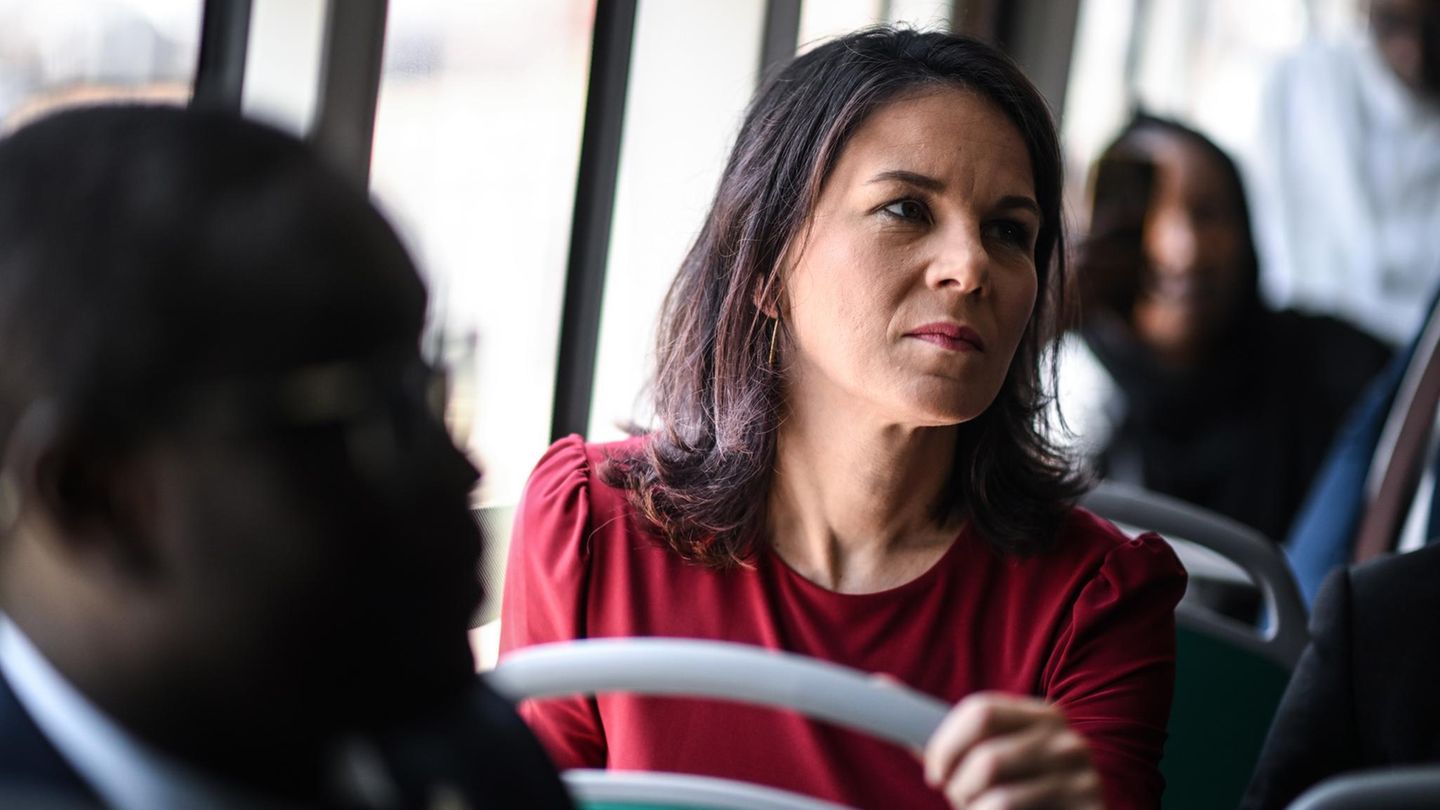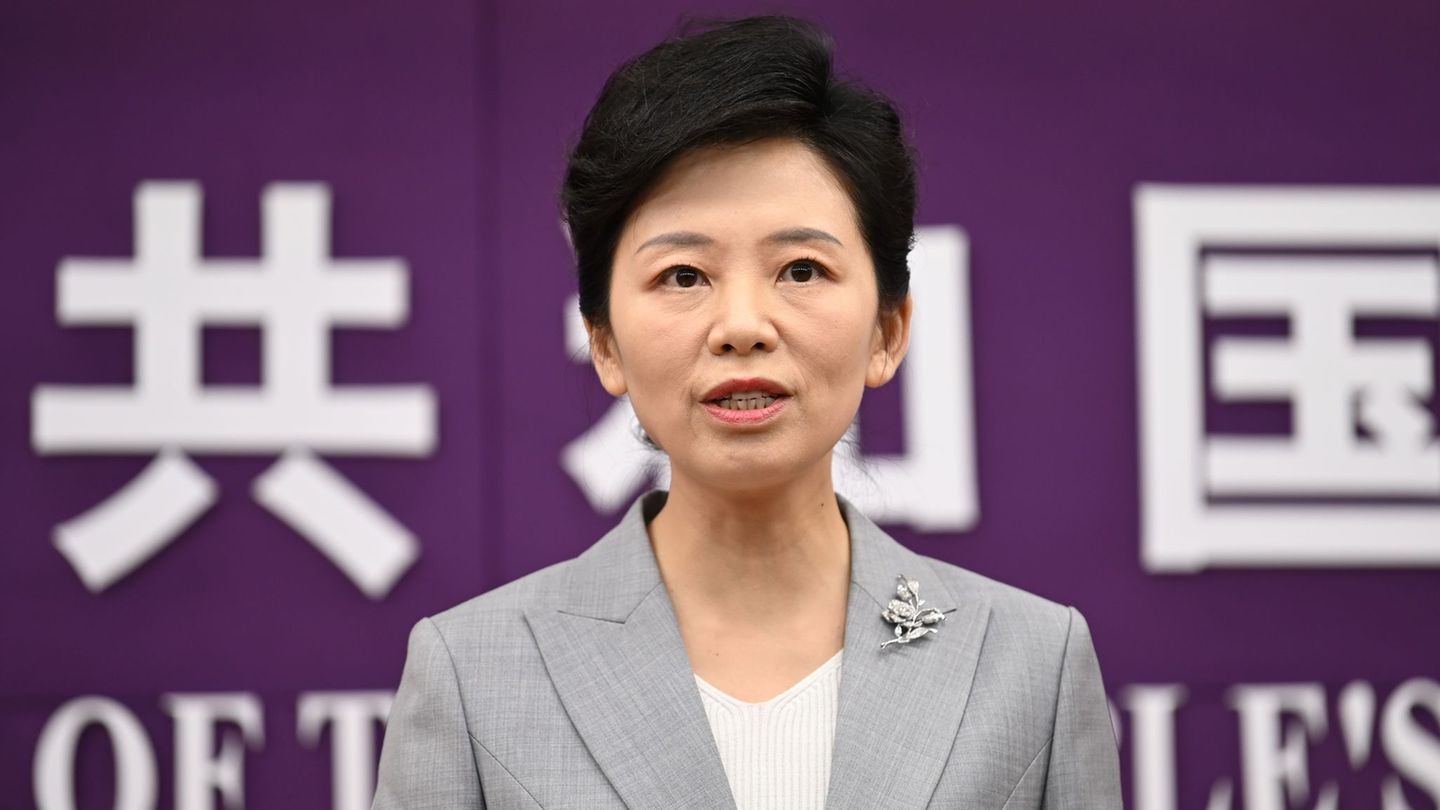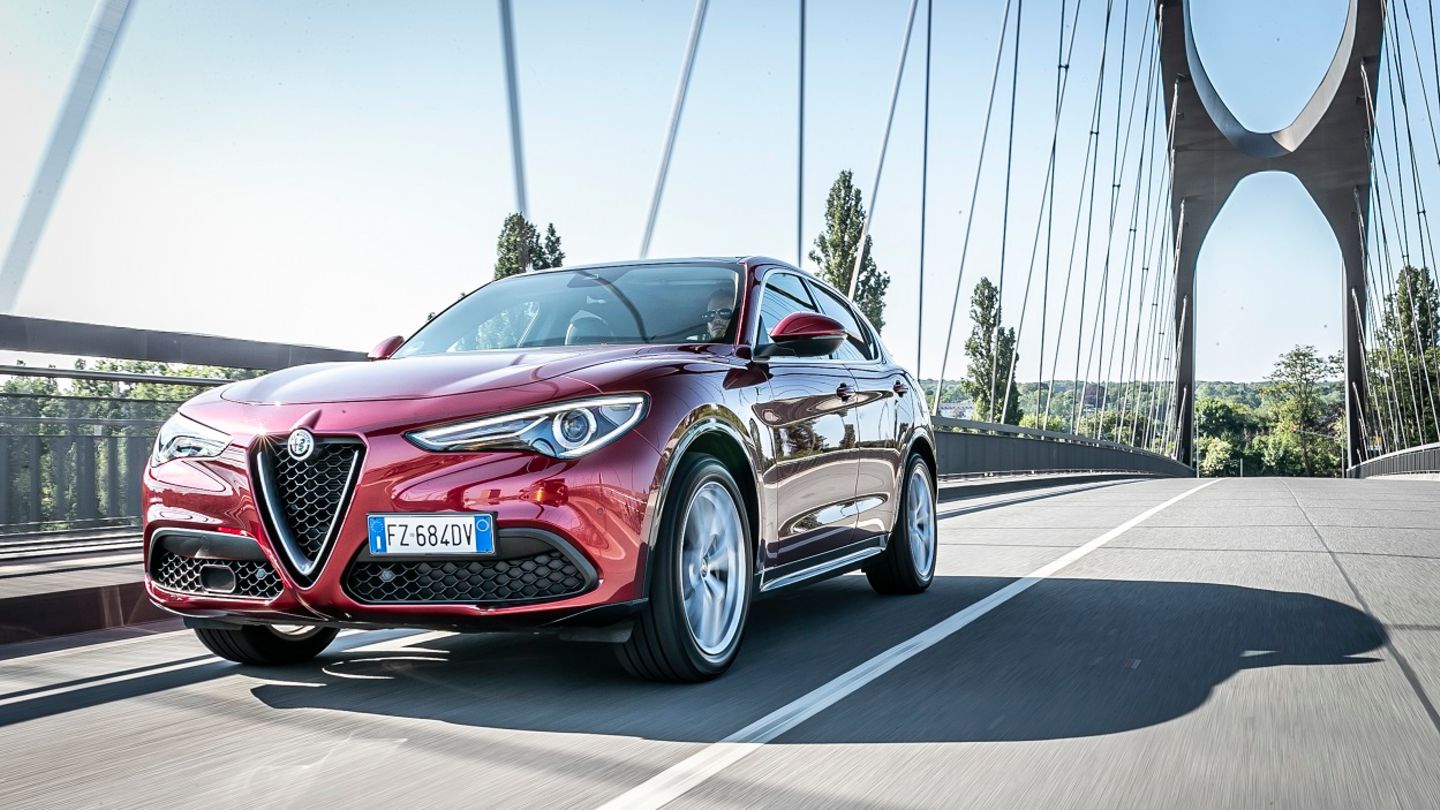Annalena Baerbock is promoting democracy and international cooperation in Senegal and the Ivory Coast. The Foreign Minister’s trip is full of messages for her homeland.
The air above the streets of Dakar, the capital of Senegal, is oppressively hot as the woman who no longer wants to be Chancellor gets off the bus at the “Dalal Jamm” stop. Annalena Baerbock, who has only been in the country for a good hour, still smiles bravely into the cameras. “It’s hard to escape the energy and hustle and bustle on the streets of Dakar,” she will say a few hours later.
Not even a week has passed since Germany’s chief diplomat made surprising headlines on the other side of the Atlantic. In an interview on the US broadcaster CNN, she announced that she was withdrawing from the internal party competition with her long-time rival Robert Habeck for the Green Party’s candidacy for chancellor in 2025. Instead of running again, she wants to devote her energy to her “state political responsibility as foreign minister.”
And so this next trip, although planned long before the CNN appearance, seems to some extent as if Baerbock wanted to prove immediately: I am serious. Are there other reasons for her decision? Why the announcement far from home? The foreign minister pushes such questions aside while traveling in West Africa. She has more important issues here. The workload is tight.
Annalena Baerbock visits Senegal and Ivory Coast
Within less than 48 hours, Annalena Baerbock will be visiting not only Senegal but also the Ivory Coast, a three-hour flight to the southeast. In addition to meetings with local decision-makers, the program includes a visit to a local transport project with electric high-speed buses for Dakar, financed with EU money and equipped with IT know-how made in Germany; a speech at the topping-out ceremony for the new Goethe Institute in the Senegalese capital; an overland trip to an Ivorian training center for anti-terror units, one of whose sponsors is Germany.
What Baerbock said on the way: “Development policy is in our own security and economic interests in these times.” That, in turn, sounds like a message to her cabinet colleague Christian Lindner. She has been wrangling with the finance minister for months about her ministry’s future budget. “Do the projects serve German interests?” Lindner had asked, also with a view to the Foreign Office’s spending plans for development cooperation and humanitarian aid.
Migration 2024
Most people apply for asylum in Germany from these countries
Hardly any other region of the world currently offers more opportunities to dispel such doubts than West Africa. Democracies have recently fallen here like dominoes: first the military staged a coup in Mali, then in Burkina Faso, and most recently in Niger. The three states have now joined forces to form an anti-Western alliance. With active support from Russia, partly ideologically, partly with weapons and Wagner mercenaries.
Escape to Europe
Islamist terrorists are on the rise throughout the Sahel region. They killed over 11,000 people in the region in 2023 alone; nowhere else in the world is the threat so noticeable. Meanwhile, the number of people fleeing war and lack of opportunities from here to the Canary Islands and the EU is steadily increasing.
Between January and April alone, the Spanish authorities registered over 15,000 arrivals in the Canary Islands, almost exactly as many as came to Europe via the central and eastern Mediterranean route in the same period. And this despite the fact that the western route across the open Atlantic is much more dangerous. 89 bodies were recovered after an accident on the coast of Mauritania a few days ago. Survivors said there were 170 people on board the boat.
The people and governments in Senegal and the Ivory Coast fear that they themselves will be drawn into this vortex of disintegration. The German Foreign Minister shares this concern. “The Sahel,” she says, “is in our immediate neighborhood. The problems affect us directly.” That is why she wants to use “the remaining scope for maneuver.”
Demonstrations in Senegal against election postponement
And they are changing even in traditionally western-oriented Senegal. In the spring, the country was rocked by demonstrations when the old president wanted to postpone the elections that were actually due to take place. But due to pressure from the streets, they finally took place. And they brought to power a new elite of young people’s heroes who were largely inexperienced in state affairs and who are now faced with huge expectations from the people. The new president and his prime minister were both still in prison just a few days before they took office.
No desire for the Chancellery: Annalena Baerbock abstains – confident or embarrassing?
05:05 min
Annalena Baerbock is the first EU foreign minister to travel to Dakar – to underline Germany’s interest in cooperation. But also to make it clear that Germany has expectations of its West African partners in return. “Democracy in Senegal has shown how strong it is,” she says in the shade of a huge baobab tree in the courtyard of the new Goethe-Institut Dakar, which – still under construction – is scheduled to open in May 2025. “We want to support this path. The best way to do this is to make offers of cooperation from which both sides benefit.”
Others have beaten Baerbock to the punch in West Africa
Foreign policy based on the win-win principle: that seems to be the new credo of the German chief diplomat. The crux of the matter: others have been acting in exactly the same way for a long time and on a much larger scale than Germany. The new electric buses that are rolling through Dakar thanks to funding from the World Bank and the EU come from China. The electricity in their batteries is produced by power plants made in Turkey. And this is mainly from fossil fuels. By 2030, however, according to the plan, forty percent of Senegalese energy needs should be covered by renewable sources. Europe is helping with this too. Out of economic interest as well as out of strategic necessity.
Annalena Baerbock is also in Dakar to get an idea of where the new President Bassirou Diomaye Faye stands geopolitically. In a recent interview with “Le Monde”, the 44-year-old did not rule out security policy cooperation with Russia. A few days before the German delegation, the Russian Deputy Foreign Minister was in the country.
Partnership, according to Baerbock’s message, requires a mutual willingness to “put ourselves in each other’s shoes. That is something we would like to do with regard to our neighbours here in Africa,” she says. But also: “I would like to invite you to do that with regard to Russia’s war in Europe.” How well this message will get through to the new government remains vague, however.
This must be a disappointment, as Germany was the one who campaigned during the crisis in the spring to ensure that Senegal adhered to democratic rules. Neither President Faye, nor his foreign minister, nor other officials Baerbock met with wanted to answer questions from German journalists.
Storm on a terrorist hideout
The next day, gunshots and explosions echoed through the jungle in the hinterland of the Ivorian coastal metropolis of Abidjan. For the visit of the minister from Germany, masked special forces simulated the storming of a terrorist hideout in a replica Sahel village. In honor of the guest from Germany, the commander named the exercise “Operation Trampoline”. Baerbock’s sporting past has spread as far as Africa.
She and her entourage drove over bumpy roads directly from the airport to the “International Academy for Counter-Terrorism” for over an hour. Germany is subsidizing the training center for civilian and military special forces with 2.5 million euros. West African forces train here side by side with specialists from France and the USA. The GSG-9 also trains here regularly.
The governments of Senegal and Ivory Coast are very interested in cooperating with Germany in the fields of border protection and networked security, the minister reports from her talks in both countries.
This Wednesday, the vote on the cabinet proposal for the 2025 federal budget is due to take place in Berlin. In order not to miss it, Baerbock has removed an originally planned third stop in Mauritania from her itinerary. After just two days in West Africa, she already has enough good arguments against making too severe cuts to her ministerial budget.
Source: Stern
I have been working in the news industry for over 6 years, first as a reporter and now as an editor. I have covered politics extensively, and my work has appeared in major newspapers and online news outlets around the world. In addition to my writing, I also contribute regularly to 24 Hours World.




